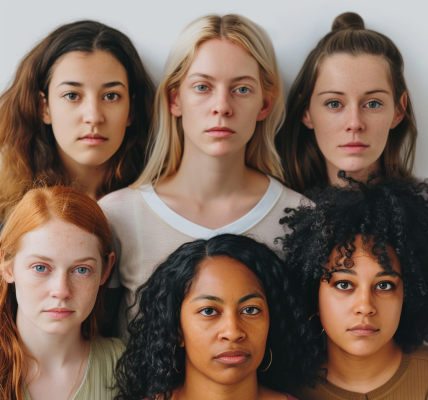An unexpected spotlight has fallen on the 5% of school-age children in the UK with ADHD (or attention deficit hyperactivity disorder) after recent comments made by fitness guru Joe Wicks. The popular personal trainer suggested a link between poor diet and the rising rates of ADHD among children, sparking a heated debate among experts and individuals affected by the condition.
As someone who was diagnosed with ADHD as an adult in 2021, Jess Joy, co-founder of the Instagram platform @IAmPayingAttention, shares her perspective on the matter. Despite Joe Wicks’ success in promoting healthy living through his PE lessons and cookbooks, his comments on the potential connection between diet and behavior in children with ADHD have raised concerns.
In a recent interview on the BBC Radio 5 Live Headliners podcast, Joe Wicks mentioned that he believes he would have been diagnosed with ADHD if he were a child today, attributing his past behavior to his diet. He highlighted the impact of his food choices, including sugary cereals, processed juices, and snacks, on his behavior and overall well-being.
However, following criticism from individuals with ADHD, experts, and advocacy groups, Joe Wicks clarified his statements on Instagram, emphasizing that ADHD is a neurodivergent disorder influenced by various factors, including genetics and brain chemistry. While acknowledging the potential impact of diet on mood and focus, he clarified that ADHD is a complex condition that cannot be solely attributed to nutrition.
The debate surrounding Joe Wicks’ comments has shed light on the complexities of ADHD and the importance of understanding the condition beyond simplistic explanations. Individuals like Jess Joy, who have navigated life with ADHD, emphasize the need for nuanced discussions and awareness to combat misconceptions surrounding the disorder.
As the conversation continues, it is evident that promoting education and empathy towards individuals with ADHD is crucial in fostering a supportive and inclusive environment. By listening to diverse perspectives and engaging in informed dialogue, we can work towards a better understanding of ADHD and create a more inclusive society for all.





